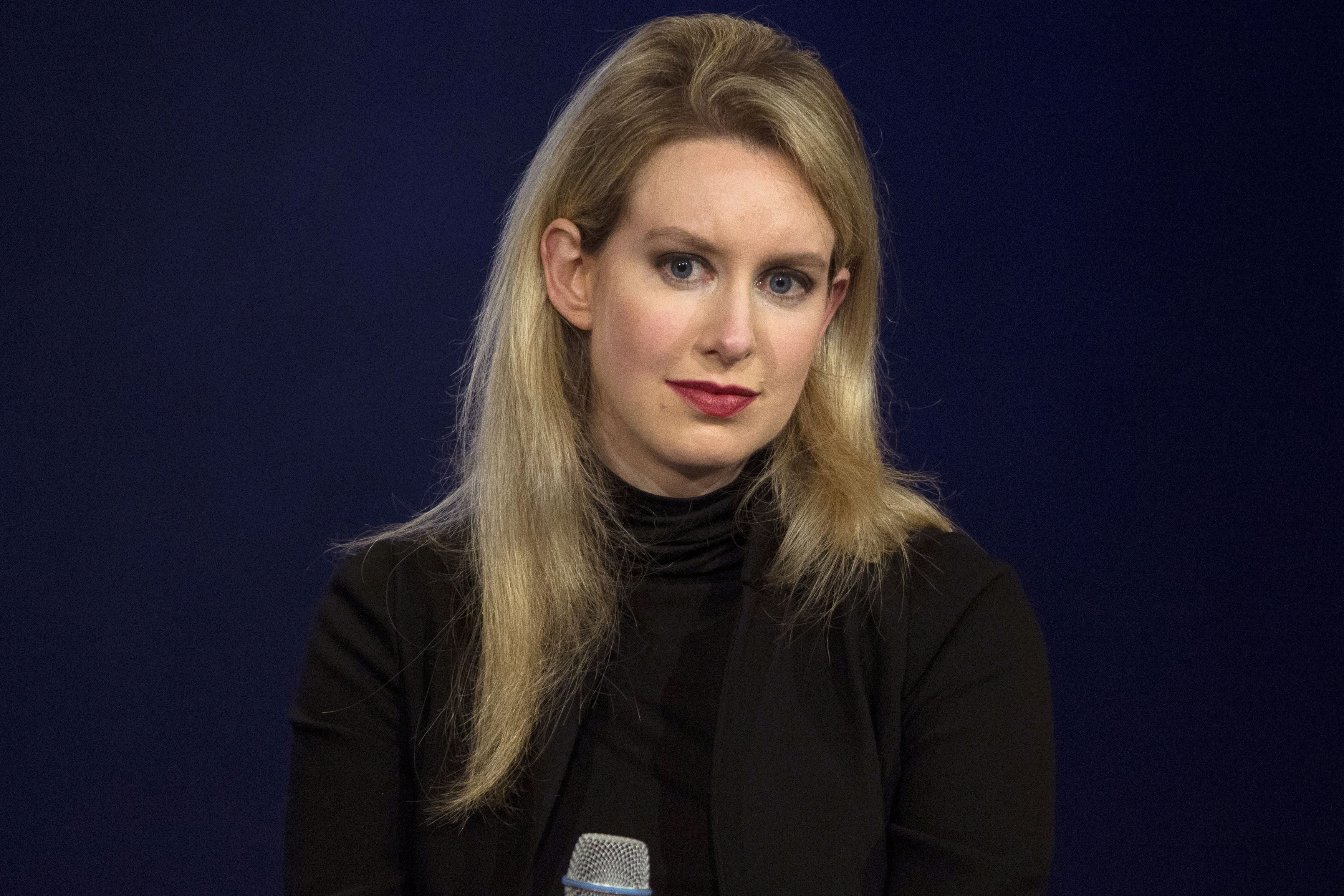Elizabeth Holmes, CEO of Theranos, attends a panel discussion during the Clinton Global Initiative’s annual meeting in New York, September 29, 2015.
Brendan McDermid | Reuters
SAN JOSE, CALIF. – A former Theranos scientist testified Friday that Elizabeth Holmes pressured her to validate blood test results from the company’s Edison machine to speed up a rollout in Walgreens despite problems with the device’s accuracy.
Surekha Gangakhedkar, a senior scientist at Theranos for eight years who reported directly to Holmes, testified that she returned from a vacation in August 2013 and discovered that Theranos was about to launch its Edison blood-testing devices in Walgreens stores.
“I was very stressed and unhappy and concerned with the way the launch was going” Gangakhedkar said. “I was not comfortable with the plans that they had in place so I made a decision to resign and not continue working there.”
Gangakhedkar recalled meeting with Holmes in September 2013 about the issues that prompted her resignation.
“At that time she mentioned that she has promised to deliver to the customers and didn’t have much of a choice then to go ahead with the launch,” Gangakhedkar said becoming emotional on the stand.
“Ms. Holmes said she didn’t have much of a choice?” asked Robert Leach, an assistant U.S. attorney.
“Yes,” she replied.
Despite signing a non-disclosure agreement, Gangakhedkar said she printed some documents and took them home when she quit because she was “worried about the launch, I was actually scared that if things do not go well I would be blamed.”
Gangakhedkar was granted immunity from criminal charges in exchange for her testimony.
She testified that in August 2013 she didn’t think the Edison 3.0 and 3.5 were ready to be used for patient testing, adding “there were problems with getting consistent results.” However, Gangakhedkar recalled that Holmes was pressuring the team to validate the tests even though “in my opinion she was aware,” of the accuracy issues.
Holmes is fighting 12 charges of wire fraud and conspiracy to commit wire fraud, and has pleaded not guilty. In opening statements, her defense attorney told jurors that Holmes was an ambitious young woman who made mistakes but didn’t commit a crime.
Earlier in the day, Erika Cheung, a former lab associated turned whistleblower, concluded her testimony after three days on the stand. Cheung recalled that frequent quality control failures in the lab created substantial delays in test results for patients.
“We had people sleeping in their cars because it was just taking too long,” Cheung testified. “Every few days we were having to run samples over and over again.”
Cheung, who quit Theranos six months after joining as a college graduate, said she “became concerned probably a month in with the Vitamin D samples.”
Gangakhedkar’s testimony continues on Tuesday. Among the insiders the government plans to call to testify next is Daniel Edlin, a project manager who reported directly to Holmes and worked on the Walgreens partnership. Edlin was also friends with Holmes’ brother, Christian.

